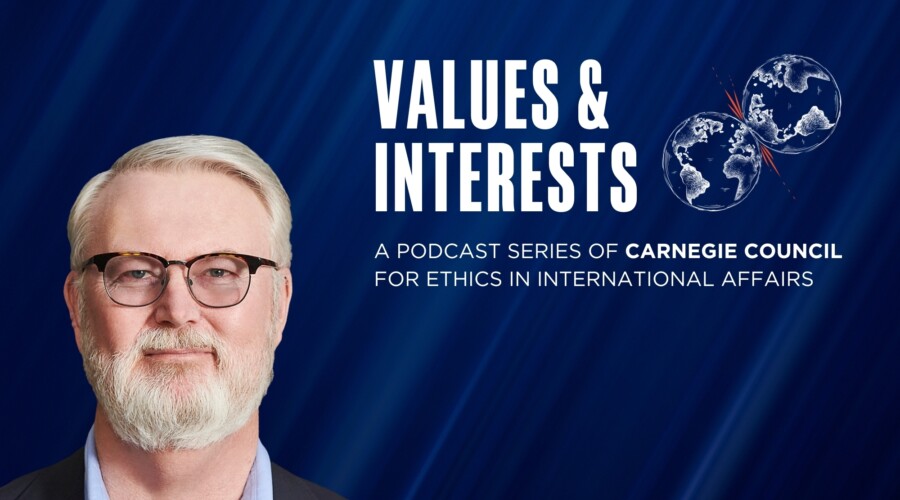For more than three centuries, Scotland has been part of the United Kingdom—a
sovereign state consisting of England, Scotland, Wales, and Northern Ireland.
As such, it has been largely ruled by London, the U.K.'s capital. But a resurgence
of Scottish nationalism is threatening this unity.
In January 2012, prime minister of Scotland Alex Salmond announced he would
hold a vote on Scottish independence in 2014. Salmond is also head of the Scottish
Nationalist Party, which had its heyday in the 1970s with the discovery of Scotland's
massive oil reserves. Oil prices hit historic levels. The nationalists rallied
for control over royalties and for home rule.
Yet, in the end, the nationalists failed in the 1970s. In 1998, the British
parliament gave Scotland more autonomy, allowing the creation of a Scottish
parliament and giving Scottish elected officials the power to make health and
education policy. But taxation and other major government functions are still
controlled by London.
Supporters of Scottish independence argue that with a population of 5 million
and considerable North Sea oil reserves, Scotland could become a very wealthy
state on its own. Some contend that while Scotland also possesses an enormous
tidal and wind power potential, life expectancy in poor areas like Glasgow is
among the worst in Western Europe. Therefore, the government should be granted
full authority to address the needs of the Scottish people.
Detractors argue that breaking Scotland from the U.K. will diminish its influence
in the global economy. Moreover, they say, basing the Scottish economy on a
single resource like oil could undermine Scotland's long-term economic development.
And not all Scots want full independence: recent polls have shown that Scots
are sharply divided over the independence question.
Where do you stand? Should Scotland break away from the U.K.?
By Emil
Chireno
For more information see
Neal Ascherson, "Will
Scotland Go Its Own Way?," The New York Times, February 26,
2012
Gerry Hassan, "Free
Scotland," Foreign Policy, February 16, 2012
"Reality
check: Scottish independence," The Guardian
Photo Credits in order of Appearance:
Central
Intelligence Agency
Photo
by DAVID ILIFF. License: CC-BY-SA 3.0
Ewan
McIntosh
Erik
Christensen
Catherine
Bebbington
Shelley
Bernstein
the
justified sinner
Howard
Lewis Ship
John
Lindie
Florian
Knorn
Scottish
Government
stuart
anthony


